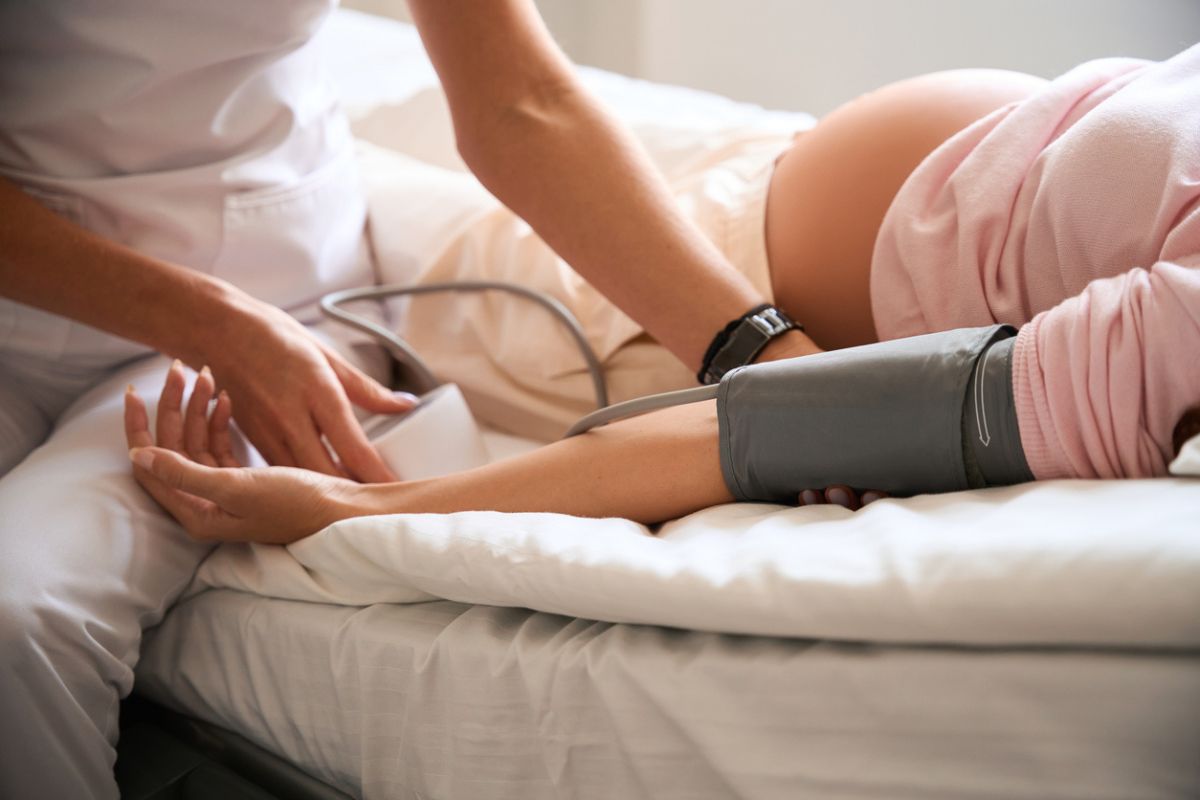The World Health Organization (WHO) just released the latest edition of the Mental Health Gap Action Programme (mhGAP) guideline. This comprehensive update provides fresh insights and recommendations for treating mental, neurological, and substance use disorders, collectively known as MNS disorders.
MNS disorders significantly impact health and well-being worldwide. Despite their prevalence, over 75 percent of those affected lack access to necessary treatment. The mhGAP initiative targets this treatment gap, especially in non-specialized, primary healthcare settings.
What’s New in the 2023 Update
- The guideline includes 30 updated and 18 new recommendations, alongside the 90 that already exist.
- Anxiety disorders, increasingly common, now have a dedicated module.
- Key suggestions include cognitive behavioral therapy (CBT) for anxiety and panic disorders, stress management techniques, and the use of Selective Serotonin Reuptake Inhibitors (SSRIs).
Broadening the Scope of Psychological Care
- The guideline emphasizes the importance of psychological treatments across various MNS conditions.
- New recommendations cover psychosocial support for carers of people with psychosis or bipolar disorder, as well as interventions for alcohol dependence, substance use, dementia, and neurodevelopmental disorders in children and adolescents.
Important Advice for Women of Childbearing Age
- The updated guideline advises against using valproic acid (sodium valproate) for women who are or may become pregnant, due to risks of birth defects.
- Women currently on valproic acid should use effective contraception and consult their doctor before planning a pregnancy.
Digital and Non-Pharmacological Interventions
- Digitally-delivered psychological and psychosocial interventions are now more prominent, catering to a range of disorders.
- For dementia, updated recommendations include physical exercise, CBT, cognitive stimulation therapy, and cognitive training.
Pharmacological Updates
- New inclusions for treating psychosis, bipolar disorder, and epilepsy feature a range of antipsychotic and antiepileptic medications.
The WHO stated that the new mental health guidelines empower primary healthcare workers, including doctors and nurses, to provide effective care for people with MNS disorders. It also serves as a vital resource for health planners and managers, guiding them in developing strategies to address these critical health issues. You can find a comprehensive explanation of the recommendations here.
IN OTHER PSYCHIATRY AND NEUROLOGY NEWS
- Eighty percent of PTSD patients had a significant response to mindfulness therapy after cardiac arrest, with 70 percent showing diagnostic remission after just eight sessions.
- Machine learning can predict normative quality of life after antidepressant treatment with similar performance to that of prior work predicting depressive symptom response and remission.
- A new report describes the case of bupropion misuse leading to mania in a patient with ADHD. The drug is also known as “poor man’s cocaine”.
- Child welfare patients had higher rates of mood disorders (69.4%), anxiety disorders (50%), ADHD/conduct disorders (44%), and substance use disorders (18.3%) compared to controls.
- A pre-pandemic baseline for comparison evaluation of telehealth expansion policies.
- Cultivating an attitude of gratitude provides bountiful mental and physical health benefits.
- This holiday season, try something new. Join us on the new Meta Threads social media network to keep up with the latest on psychiatry news.
NEW AT CME INSTITUTE
Click to earn free accredited CME credit.
- Optimizing Mental Health for Women: Recognizing and Treating Mood Disorders Throughout the Lifespan
- Reviewing Non-Dopaminergic Mechanisms for Positive and Negative Schizophrenia Symptom Management
- Untangling the Complexity of Alzheimer Disease With Effective Diagnostic Tools and Novel Treatment Options



